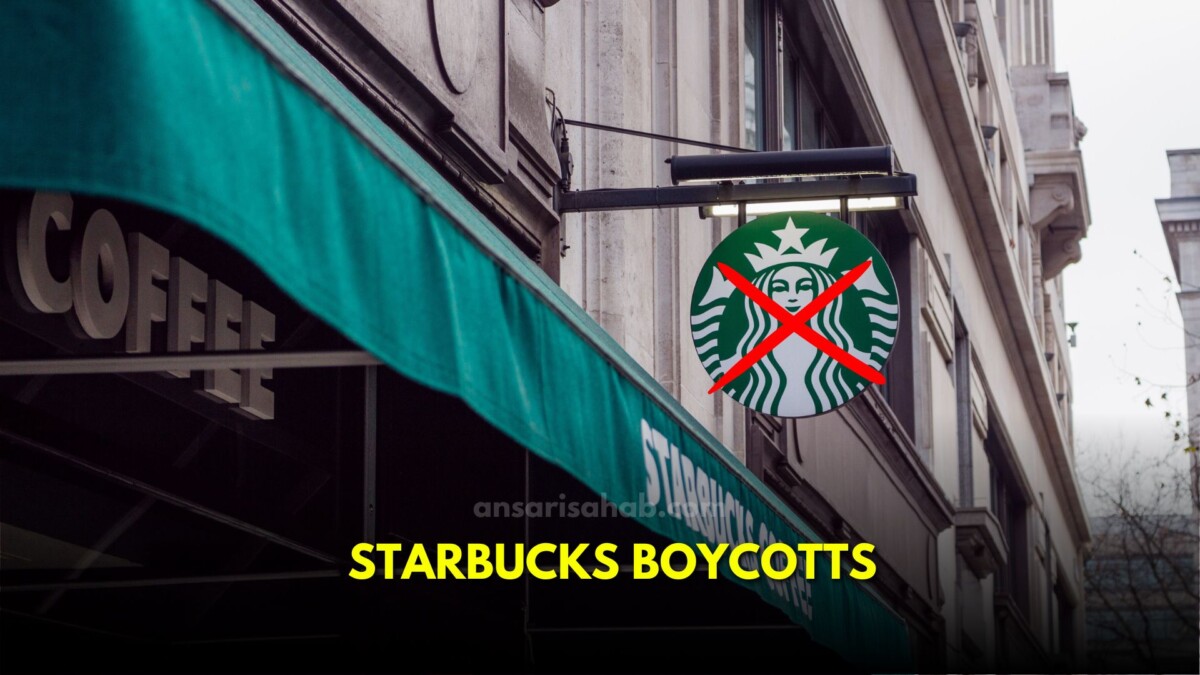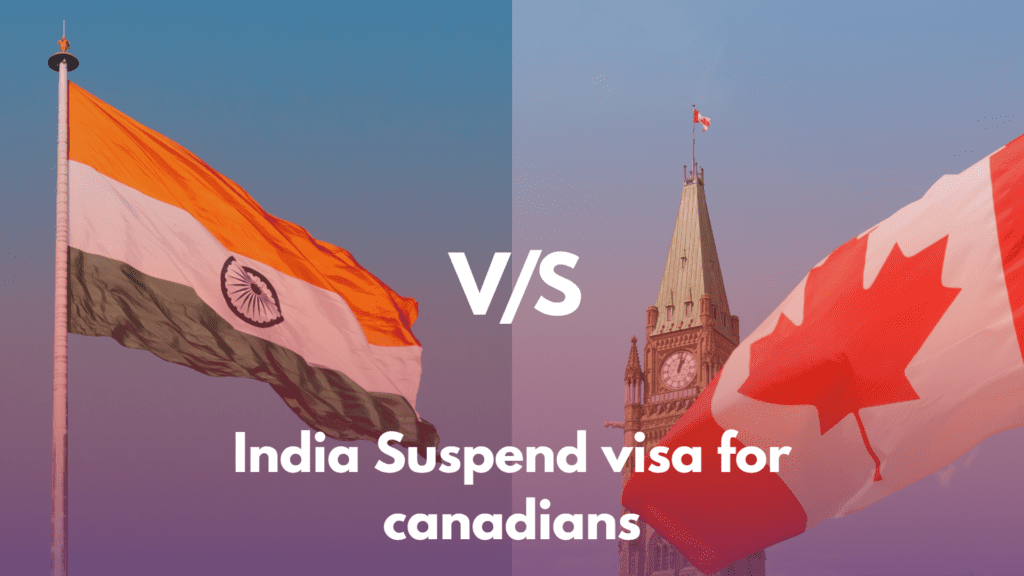In recent times, Starbucks, the globally renowned coffee giant, has found itself in the midst of a perfect storm—facing boycotts, an alarming $11 billion market value drop, and mounting concerns from investors and consumers. This blog post will meticulously dissect the multifaceted challenges confronting Starbucks, delving into their origins and potential ramifications on the company’s future.
Boycotts and Consumer Uproar:
A pivotal challenge for Starbucks revolves around a surging wave of boycotts triggered by a social media post from “Starbucks Workers United,” a union representing the company’s baristas. The post, expressing solidarity with Palestinians, ignited a firestorm of controversy, with some interpreting it as pro-Palestinian and anti-Israel. This polarizing stance prompted calls for boycotts from disgruntled customers.
The boycott movement has gained momentum due to a complex interplay of factors:
- Heightened Political Tensions: The enduring conflict between Israel and Palestine has heightened political sensitivities, influencing consumer sentiments globally.
- Social Media Activism: Platforms like Twitter and Instagram have become conduits for the swift dissemination of boycott messages, amplifying the movement’s reach and fostering widespread participation.
- Ethical Branding: In an era where consumers increasingly seek brands aligned with their values, Starbucks’ perceived lack of empathy in response to the social media post has fueled the boycott fervor.
Financial Fallout:
The reverberations of these boycotts are palpable in Starbucks’ financial landscape. The company has witnessed an unprecedented $11 billion plunge in market value, signaling deep-seated investor concerns about the potential long-term repercussions of the boycott movement. Reports further indicate a dip in sales and customer traffic at select Starbucks locations, compounding the financial challenges.
Suggested: Unpacking the Starbucks Boycott: A Comprehensive Analysis of the Ongoing Movement
Investor Unease and Uncertain Horizons:
The financial setbacks and damage to the brand have raised red flags among investors. Shareholders are now questioning the company’s crisis management strategies and its ability to navigate volatile political terrains effectively. This uncertainty has contributed to the decline in Starbucks’ stock price and may instigate additional investor pressure for strategic changes within the company.
Potential Scenarios:
The current juncture leaves Starbucks at a critical crossroads. Depending on the company’s response and the evolution of the situation, various scenarios could unfold:
- Successful Resolution: Starbucks could proactively address consumer concerns through authentic dialogue and tangible actions, potentially quelling the boycott and restoring customer trust.
- Protracted Conflict: If the boycott movement persists, further impacting the company’s finances and reputation, it might intensify investor pressure and necessitate changes in leadership or strategic direction.
- Shifting Consumer Preferences: A sustained perception of political divisiveness could lead to a long-term decline in Starbucks’ market share as consumers pivot toward brands perceived as more neutral.
Looking Ahead:
The future of Starbucks hangs in the balance. The company’s adept handling of the existing challenges and its ability to regain consumer trust will be pivotal for its sustained success. Starbucks must meticulously calibrate its response to the boycotts, demonstrating sensitivity and an unwavering commitment to ethical and responsible business practices.
Conclusion:
Starbucks stands on precarious ground, grappling with boycotts, financial hemorrhage, and investor apprehensions that threaten its future. The trajectory the company takes in addressing these challenges will shape its destiny. By earnestly addressing consumer concerns, showcasing ethical leadership, and adeptly navigating political sensitivities, Starbucks may salvage its reputation. Conversely, a failure to manage these issues effectively could plunge the company into deeper financial and reputational turmoil, jeopardizing its long-term viability.









